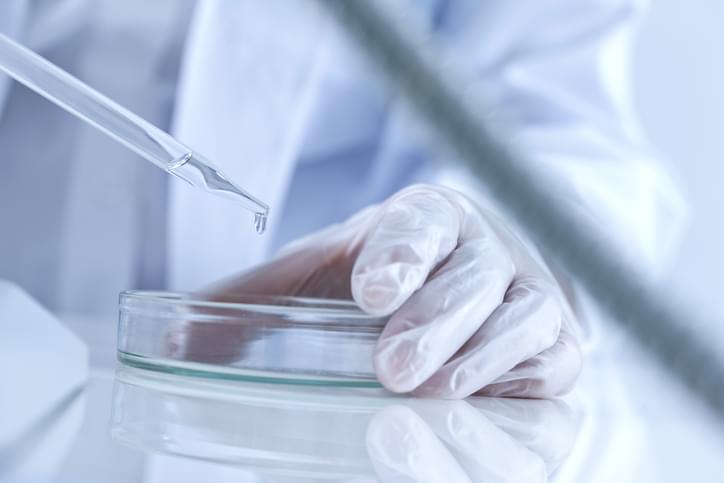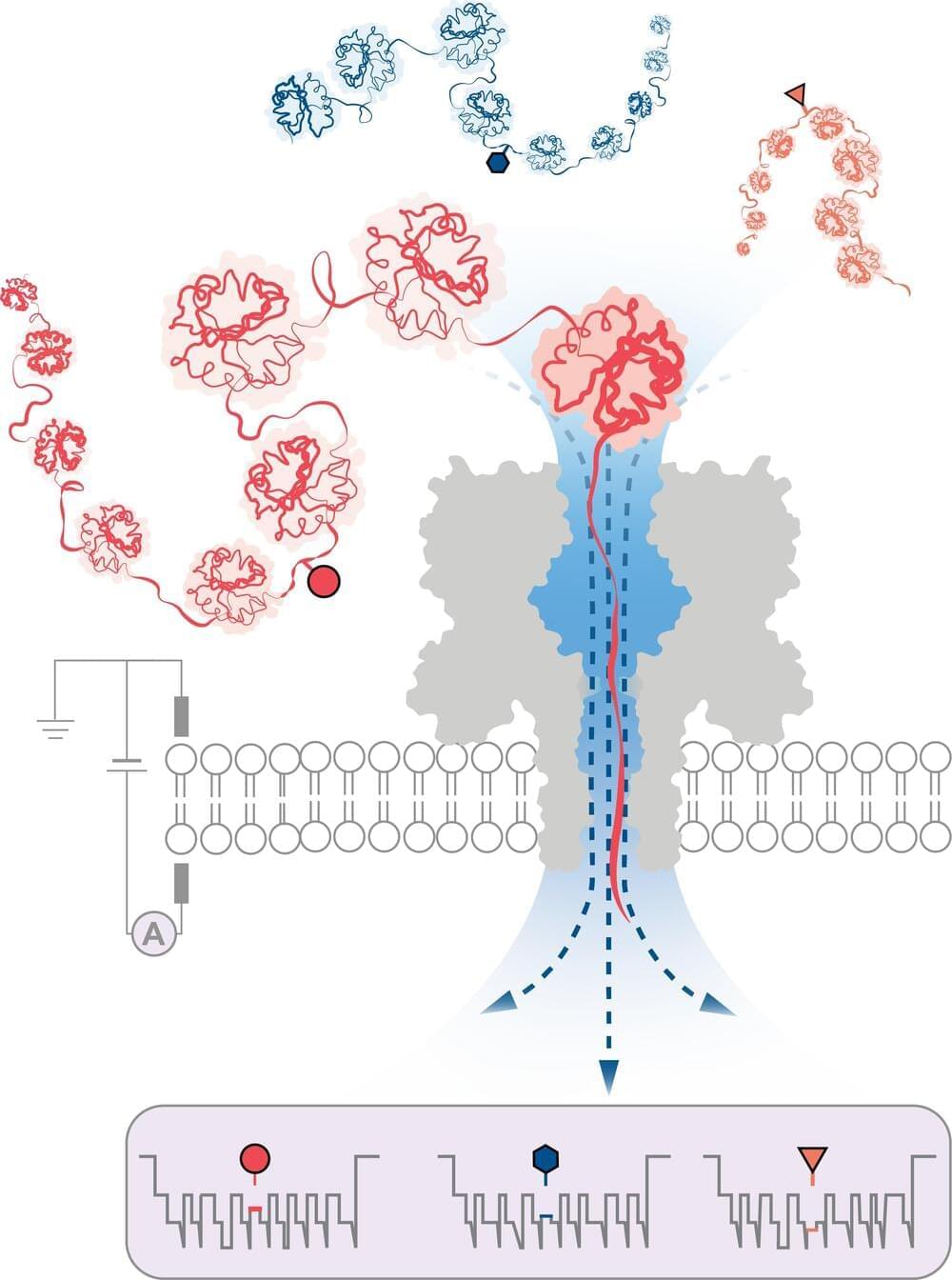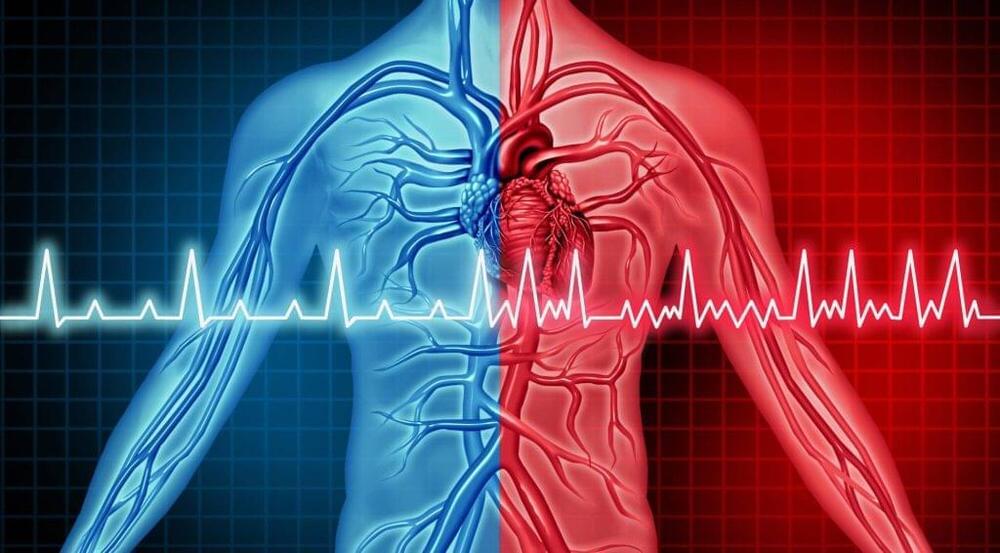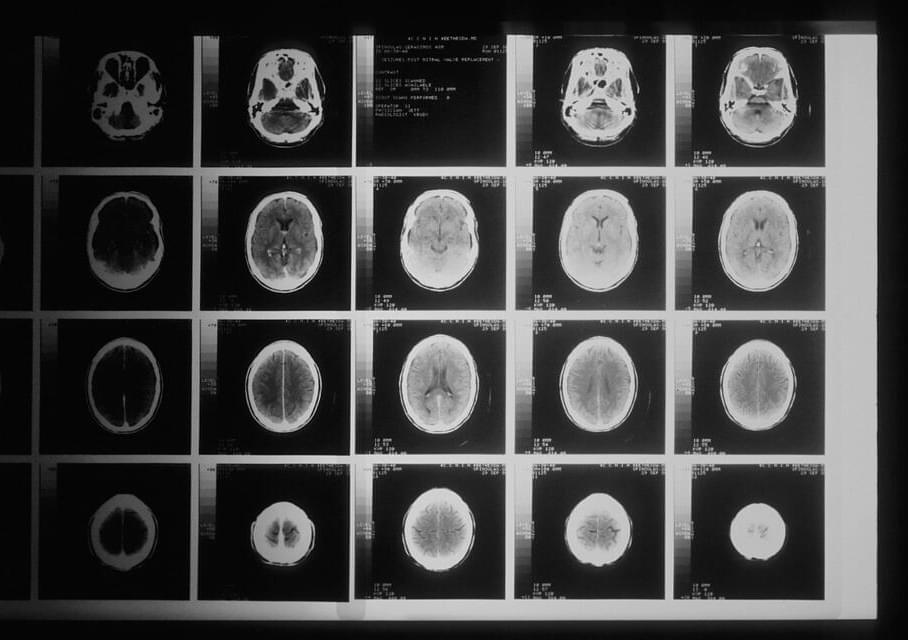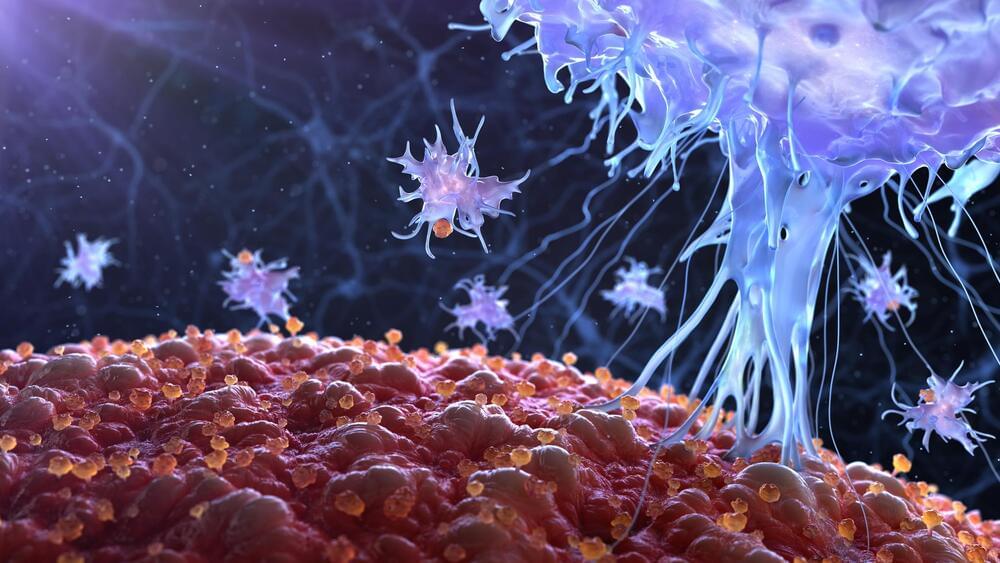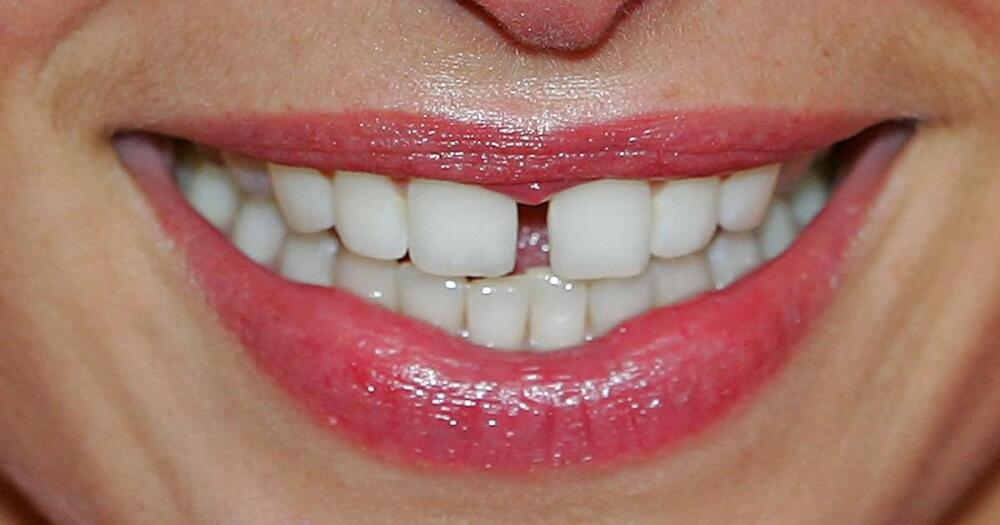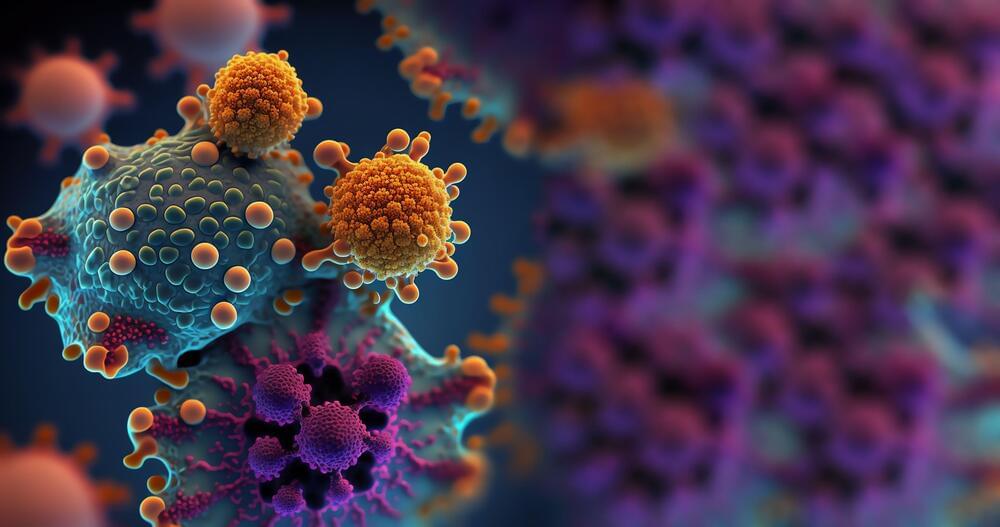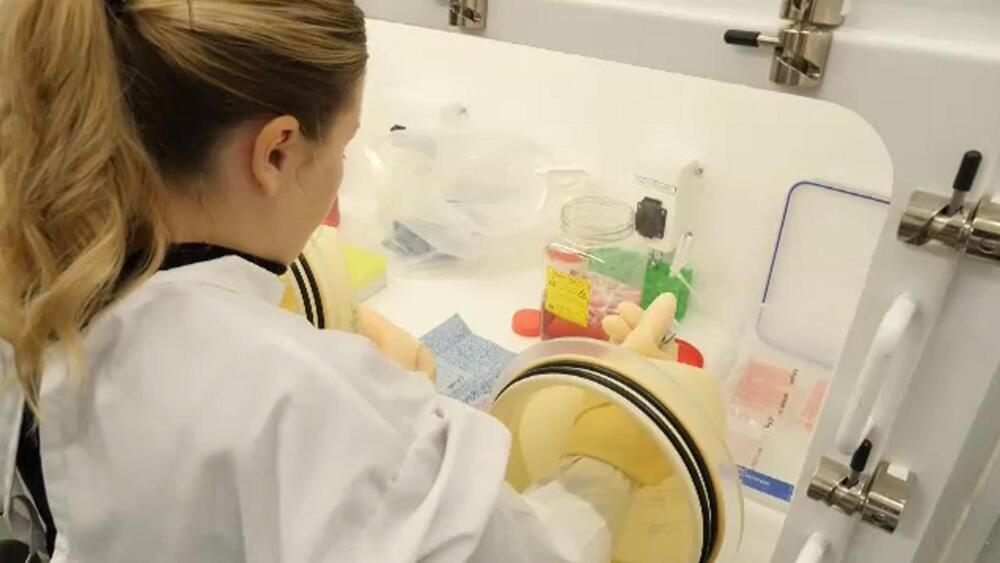The Klotho gene has gained increasing attention for its anti-aging properties. In the most recent installment of this series, we explored the promising cognitive benefits of administering Klotho to both mice and monkeys, the results from which may be mirrored in humans. The benefits of this circulating hormone, however, extend beyond the brain.
Klotho was first discovered as the antiaging gene in 1997 when researchers found that enhancing its expression could increase the lifespan of mice by more than 30%. Although a variety of different genes and environmental factors can influence longevity, studies have shown that Klotho-deficient mice not only have shorter lifespans but also experience more age-related complications. Premature aging in these mice often was accompanied by loss of muscle and fat tissue, thinning skin, reduced fertility, cardiovascular complications, movement abnormalities, and bone disease. Since Klotho is primarily produced in the kidneys, it is not surprising that many of these age-related complications often result from kidney dysfunction.
The kidneys generate two types of Klotho: a transmembrane protein that inserts itself into the cell membrane and mediates kidney function, and a secreted hormone that is released into the bloodstream. Individuals with naturally high levels of the hormone in their blood seem to not only live longer and be more resistant to age-related complications but also perform better on learning and memory tasks. In fact, even when a relatively small dose of Klotho is administered, animal studies have shown that the brain undergoes significant changes that allow more connections to be made in the hippocampus, the brain’s learning and memory center.

